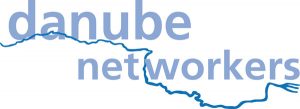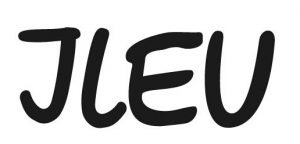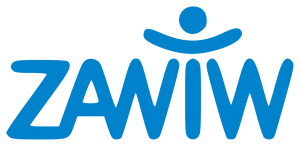Educational Framework Germany
Full Description
In Germany there are various fields of adult education:
A distinction is made between
- continuing vocational education and training
- general continuing education
- political continuing education
The degree of formalisation depends on the intention of the learning process and the recognition by state or state-recognised institutions.
- Formal learning as a qualification-related education/continuing education: Structured procedures with pre-set curriculum imposed by authorities with attainments publicly recognised.
- Non-formal learning as nondegree-related education/continuing education: taking into account the needs, wishes and hopes of potential participants.
- informal learning as free, non-institutionalised learning: accidental learning in everyday activities
The new media play a major role in all areas.
The right to continuing education:
The right to the free development of one’s personality is enshrined in various national and international codes. This also entails a state obligation to promote adult education. In Germany, the different national laws form the basis of support, which is accordingly structured differently. Usually a cooperative pluralism of providers (public, church, trade union, etc.) is promoted.
Adult education institutions:
The institutions and providers of public adult education/further education include family education centres, home adult education centres and adult education centres, trade union and church institutions, educational institutions, academies, chamber training centres (e.g. Chamber of Industry and Commerce, Chamber of Crafts), private educational institutions, educational institutions in companies. In addition to teaching and research, continuing education is also one of the statutory tasks of universities (scientific continuing education). The general university entrance qualification can be acquired at an evening high school, by remote instruction or – in daily form – also at a college.
Senior education in Germany:
Senior citizens in Germany have many possibilities for further education; there are many different providers for adult education in Germany.
In every bigger town, there are the so called “Volkshochschulen”. They offer wide-ranging programs from stitching to language courses and book clubs for very little money. They are funded by the state and the municipalities. The catholic and protestant church, the big political parties, various NGO’s and elderly associations offer also statewide educational programs for elderly people. Family centres which are usually offering programs for parents develop more and more programs for elderly people.
Many universities have different kinds of offers for older citizens: Sometimes, elderly are allowed to hear the regular lectures. Some offers are designed for the public like the Studium Generale. In more than 60 German Universities and Highschools, there are special offers for the demands of elderly people like lectures, seminaries and research groups. There are big nation-wide education networks for elderly students at the Universities.
These educational institutions develop numerous offers for non-formal learning in the 3rd phase of life and develop their own profiles in order to reach the target group seniors. Special attention is paid to offers on media education, computers and the Internet.
Offers for certain target groups – migrants, illiterates – have increased considerably recently.
In Germany, general continuing education and senior education are strongly linked to the goal of social participation and intergenerational dialogue. In many places there is a so-called volunteer office in at least one institution where people of all age groups are advised where they can use their knowledge and skills on a voluntary basis. They also mediate places of deployment. In addition, many institutions offer training for voluntary work in various social fields, social affairs, politics, culture, the environment, sport, etc.
In addition, there are a number of self-organised forms of further education and civic engagement, e.g. senior citizens’ offices or civil society associations, here two examples:
Senior citizens’ offices are information, meeting, counselling and mediation centres at the local level. They are aimed at people aged 50 and over who want to become active for themselves and others. Seniors contribute their competences and develop important ideas and projects for the municipal work with senior citizens. Around 450 senior citizens’ offices throughout Germany offer a wide range of activities. The senior citizens’ offices are united in the Bundesarbeitsgemeinschaft Seniorenbüros (BaS), which also offers a wide range of further training opportunities.
The association Virtuelles und reales Lern- und Kompetenz-Netzwerk Älterer Erwachsener (ViLE e.V.) is intended to enable senior citizens interested in continuing education to work together in various fields of interest, to support each other and to make their competences available to others (https://www.vile-netzwerk.de/wir-ueber-uns.html)
The Ulm Danube-Networkers is a free association of people promoting education and science in the fields of lifelong learning, social participation and intergenerational dialogue in Europe, particularly in the Danube countries. The aim is to provide impetus for European integration, especially for experts implementing the Danube Strategy of the European Commission in the field of education. Therefore both highly educated people and people with little education have many possibilities.
Nevertheless, highly educated people are easier to activate to take part in the programs. Therefore, it is necessary to find ways to make the offers more appealing to lower educated people and to include a diverse group of people from different backgrounds, above all migrants.



